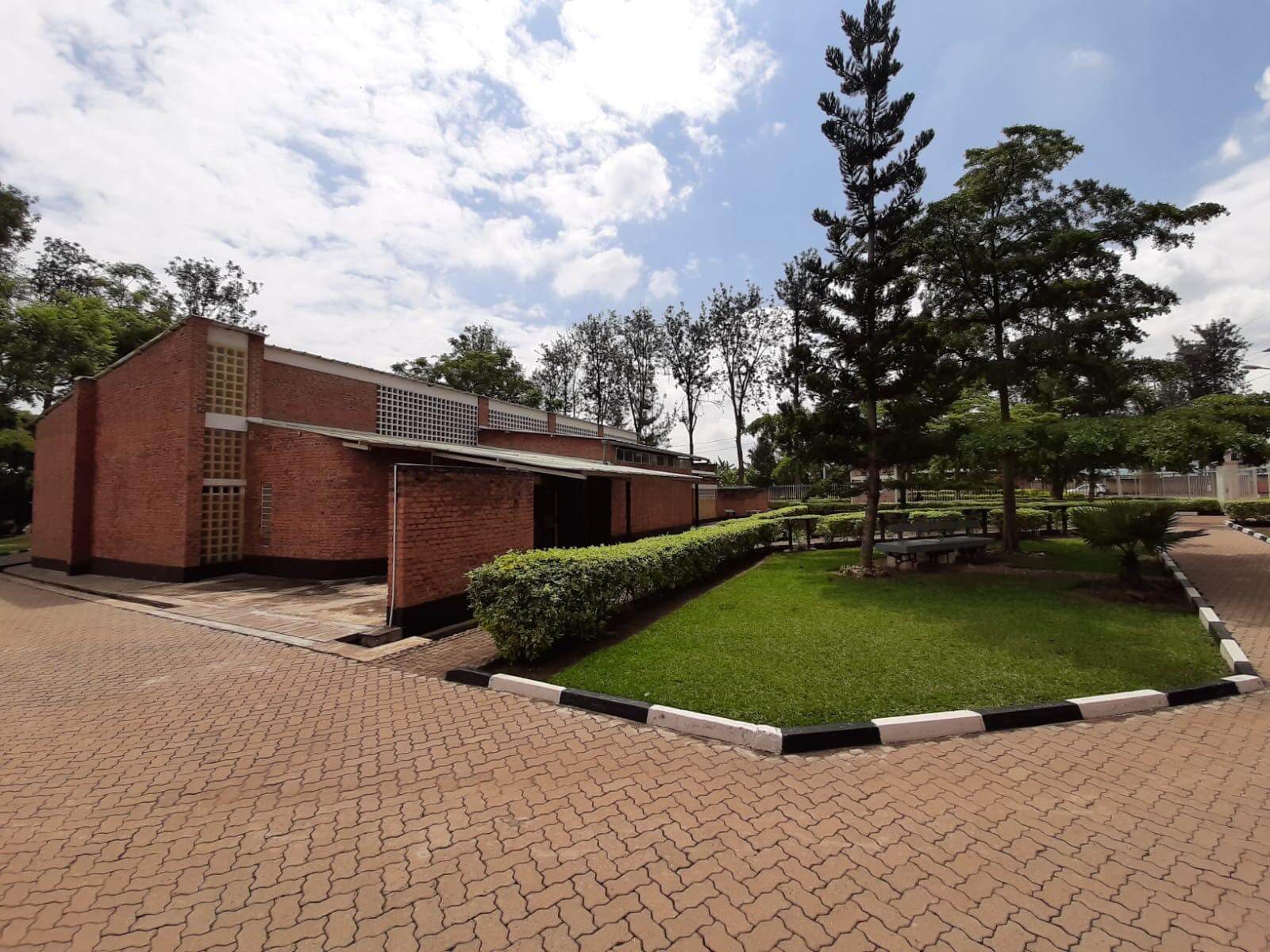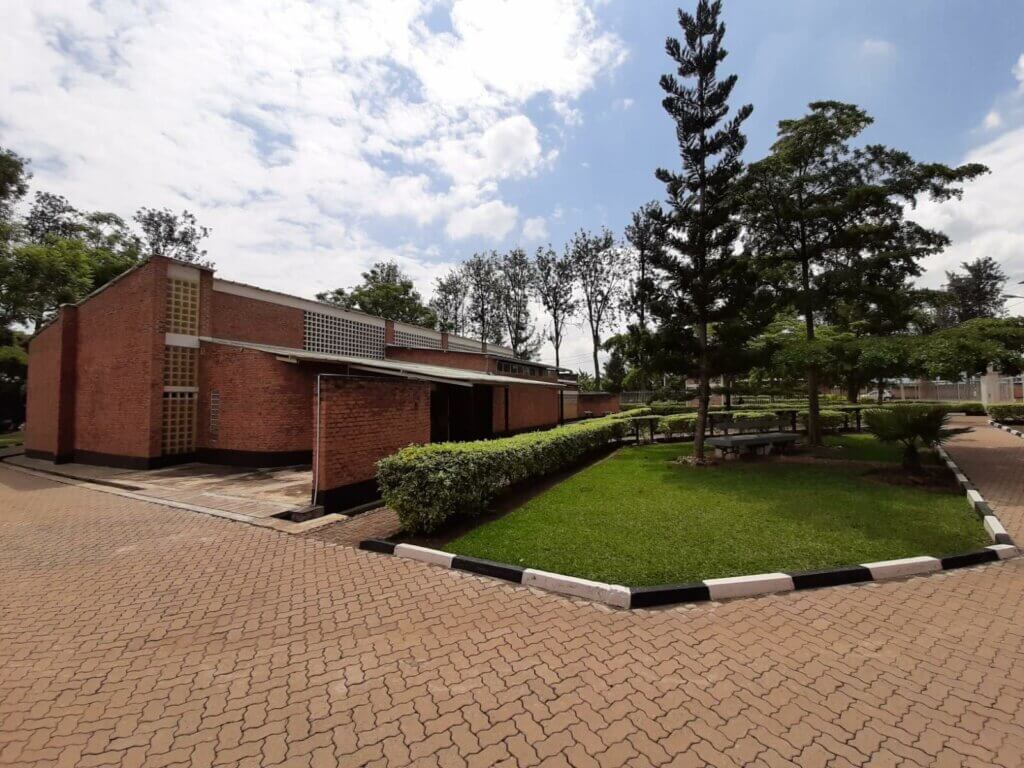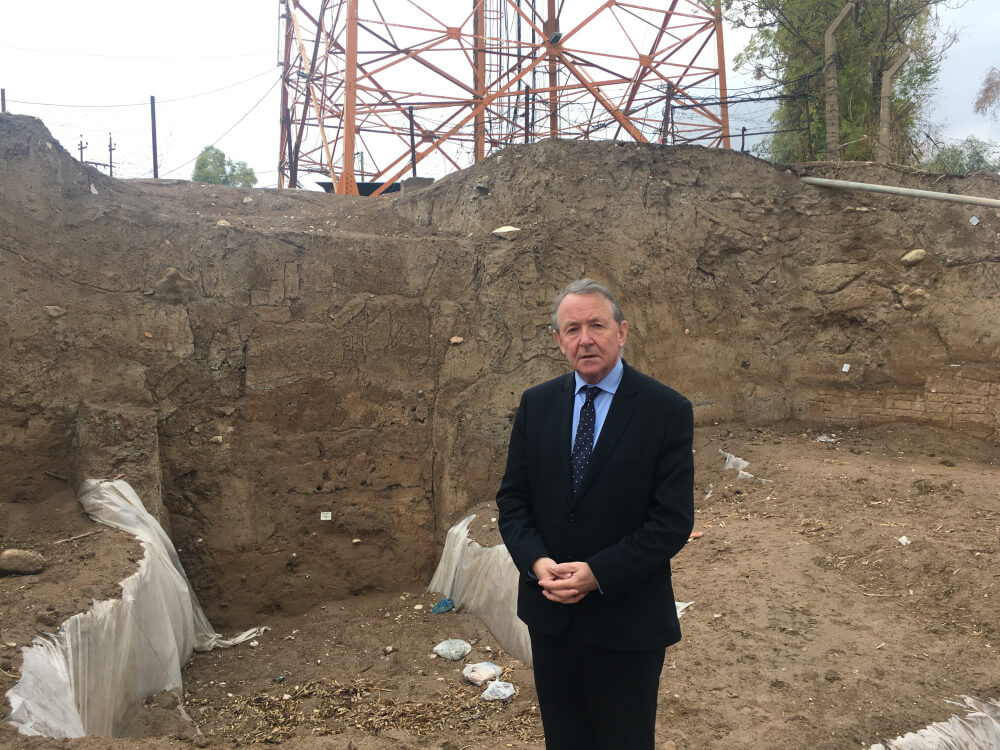On 21 April 2020, the International Association of Genocide Scholars (IAGS) adopted a resolution declaring the Rohingya persecution a crime of genocide and crimes against humanity.
Ewelina Ochab, our co-fouder and member of IAGS, said: ‘This is an important step to recognise the suffering of the targeted communities and the first step towards justice for the victims and survivors. Atrocities of this magnitude have to be recognised for what they are. Such a determination of the atrocities against the Rohingya Muslims in Myanmar as genocide or crimes against humanity should be done by states and international actors too. Actions must follow as well: to stop the atrocities, investigate and prosecute the perpetrators, assist the victims and survivors, and ensure that such atrocities will never again happen.’
The text of the resolution is as follows:
Resolution to Declare the Rohingya Persecution a Crime of Genocide and Crimes Against Humanity
• WHEREAS, Myanmar has a long history of discrimination against the Rohingya People based on their identity and religious beliefs, which has resulted in the government denying them citizenship in the 1982 Citizenship Act, as well as birth certificates and full political participation, and thus restricting their rights to freedom of movement; of access to food, health care, livelihood, and education; among others;
• WHEREAS, discriminatory policies against this specific group have also included population control such as household registration, marriage permissions, and birth restrictions; forced labour; arbitrary arrest; extortion and confiscation; and sexual and gender-based violence;
• WHEREAS, the abovementioned oppressive policies had the purpose of systematically “othering” the Rohingya People in the Myanmar nation with a clear exclusionist objective;
• WHEREAS, since 2012 attacks by Buddhist extremist groups on Rohingya villages in the Rakhine State have been reported, reaching a peak in October 2016, when thousands of Rohingya fled to Bangladesh due to violence and military operations;
• WHEREAS, following attacks in August 2017 by a small extremist group—known as ARSA or Arakan Rohingya Salvation Army—claiming to defend the rights of the Rohingya community, on several police check post in the North Rakhina State, the Tatmadaw, Myanmar’s military force, launched disproportionate widespread attacks— called by authorities “clearance operations” —on the civilian Rohingya population, causing large-scale death, displacement, and other atrocities;
• WHEREAS, since 25 August 2017 more than 800,000 Rohingya people have fled their homeland in Rakhine State to the southern part of Bangladesh, due to general violence and persecution by the State;
• WHEREAS, on September 2017 the United Nations Office of the High Commissioner for Human Rights stated that the persecution against Rohingya is a “textbook example of ethnic cleansing”;
• WHEREAS, the Permanent People’s Tribunal on “State Crimes Allegedly Committed in Myanmar against the Rohingya, Kachins and Other Groups,” held in 2017, found that the mass killing, rape, and other atrocities taking place in the Rakhine State constitute genocide and crimes against humanity;
• WHEREAS, according to the findings and recommendations of the 15-month Independent International Fact-Finding Mission on Myanmar—established by UN Human Rights Council Resolution 34/22—presented in a September 2018 report that the Tatmadaw “[d]uring their operations […] has systematically targeted civilians, including women and children, committed sexual violence, voiced and promoted exclusionary and discriminatory rhetoric against minorities, and established a climate of impunity for its soldiers”;
• WHEREAS, the abovementioned report concluded that “the nature, scale and organization of the operations suggests a level of preplanning and design on the part of the Tatmadaw leadership” consistent with the vision of hierarchical authorities;
• WHEREAS, testimonies of survivors in the refugee camps established in Bangladesh provide accounts of long-term and recent persecution, discrimination, and widespread violence and atrocities committed by the State of Myanmar against the Rohingya People as both an ethnic and a religious minority, amongst which sexual violence (in the forms of rape, gang rape, and forced nudity), mass killings, enforced disappearances, destruction of property, and persecution have been found;
• WHEREAS, the abovementioned crimes analyzed in the overall historical context of violence against the Rohingya population, the public use of hate speech and derogatory language followed by physical violence by governmental authorities, the plans and policies to change the demographic composition of the Rakhine State, and the extreme levels of brutality and general violence applied during the planned and organized “clearance operations” indicate the level of intent required to constitute the crime of genocide;
• WHEREAS, evidence shows the crimes against the Rohingya committed during “clearance operations” were widespread and systematic and carried out by the Tatmadaw, other security forces and groups of civilians, as according to the findings of the aforementioned Fact-Finding Mission;
• WHEREAS, in September 2018 the International Criminal Court Pre-Trial Chamber I ruled that the Court has jurisdiction over the alleged crime against humanity of deportation of the Rohingya population to Bangladesh as requested by Prosecutor;
• Therefore the International Association of Genocide Scholars: recognizes the crimes committed against the Rohingya in 2017 in Myanmar as Genocide and Crimes Against Humanity; urges the international community to provide humanitarian assistance to the refugees located in Bangladesh, including but not limited to proper shelter, clean water, food, medicine and vaccines, and psychological support; calls upon the International Criminal Court to provide effective and rapid justice to the victims, clarification of the facts, and punishment of the perpetrators; calls upon the International Court of Justice to issue a finding in favor of Gambia’s allegations against Myanmar of violations of the UN Genocide Convention; and calls upon the international community to impose/extend the arms embargo and to freeze the assets of those who are responsible



